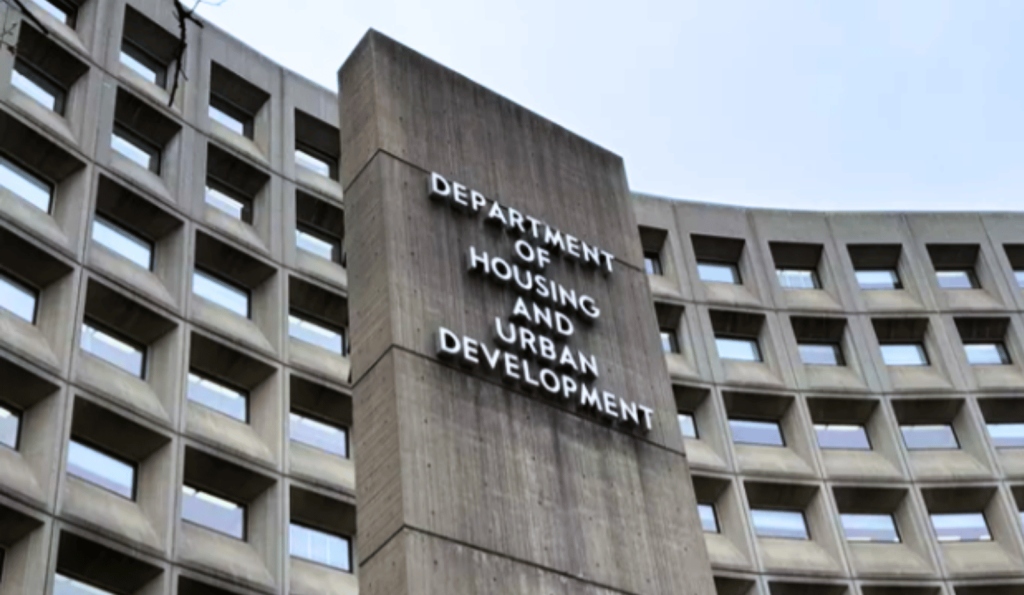
HUD is located at the 1.1M SF Robert C. Weaver Federal Building in Southwest D.C.
Proposed Section 8 Cuts Make Developers Hit The Brakes
July 22, 2025 | 3:34 p.m. ET Kayla Carmicheal, Deputy Newsletter Editor
A 43% cut in federal low-income housing programs proposed by the Trump administration has prompted lenders and developers to pull back or cancel affordable housing projects already in motion.
Federal housing assistance programs like Section 8, which provides rental assistance for more than 5 million low-income Americans, are facing a $27B reduction, and some local housing agencies are starting to shift their lending in anticipation.
New York’s housing development department indefinitely postponed its July round for delivering Section 8 subsidies in the face of limited federal backing, according to The Wall Street Journal. Developers, in turn, pulled proposed communities off the books.
Operational revenue from Section 8 is crucial for affordable housing projects. Without it, landlords and developers would have a hard time paying off debt and maintaining upkeep of their buildings.
Affordable housing lenders are already cautious, and program cuts would only increase their wariness, SDS Capital Group CEO Deborah La Franchi told the WSJ.
The pullback would put $50B of Fannie and Freddie multifamily loans bought from 2018 to 2023 at risk of default.
States like California and New York, where it is particularly expensive to build, maintain and rent properties, make up the biggest share of federally financed loans and would be impacted the most. More than 430,000 units in California and 350,000 in New York use federal rental subsidies.
HUD’s Section 8 cuts are an effort to fix public housing fraud and bloated spending, according to Secretary Scott Turner, who said the program is intended to provide temporary assistance to low-income individuals.
To make federal assistance shorter-term, the department has proposed a two-year limit for federal assistance programs. If that is implemented, 1.4 million families could lose their vouchers and public housing assistance.
Landlords worry the time limit could put their HUD contracts in an unstable place and make it difficult to accept subsidies in the future.
The government’s biggest program for affordable housing construction incentives, Low-Income Housing Tax Credits, was expanded by the One Big Beautiful Bill Act and is expected to support the construction of hundreds of thousands of new units. But with the Section 8 cuts, developers and owners would have a hard time keeping those new builds running.
Contact Kayla Carmicheal at kayla.carmicheal@bisnow.com



